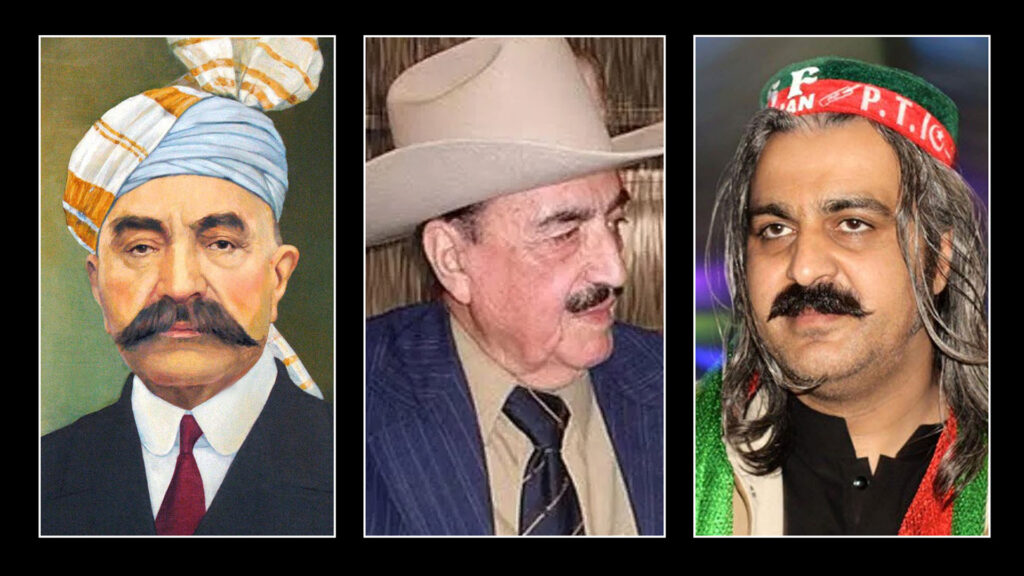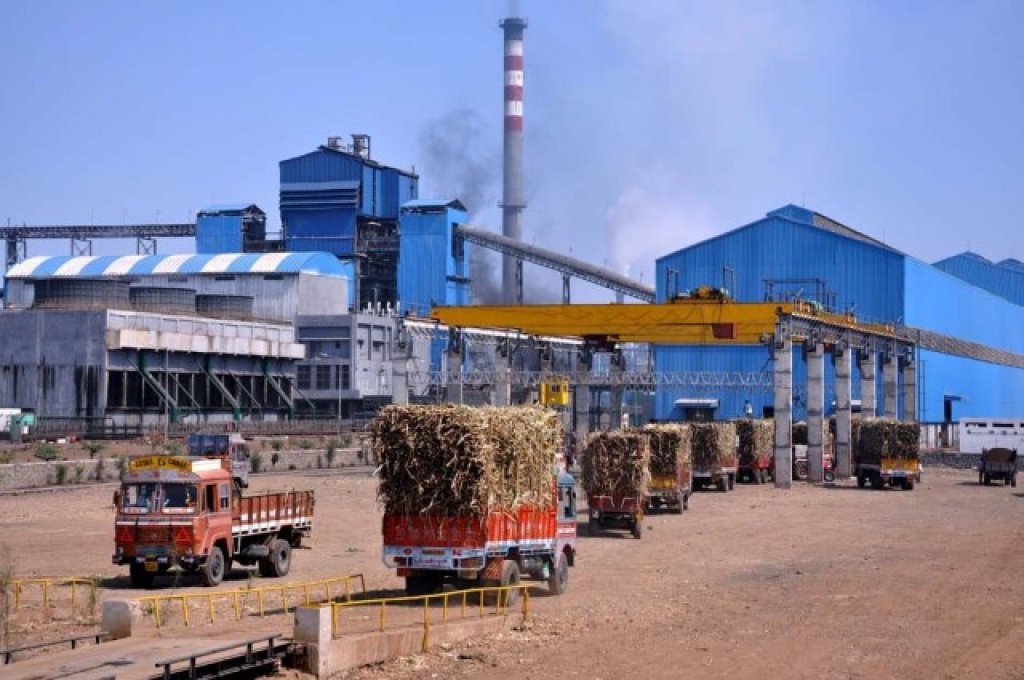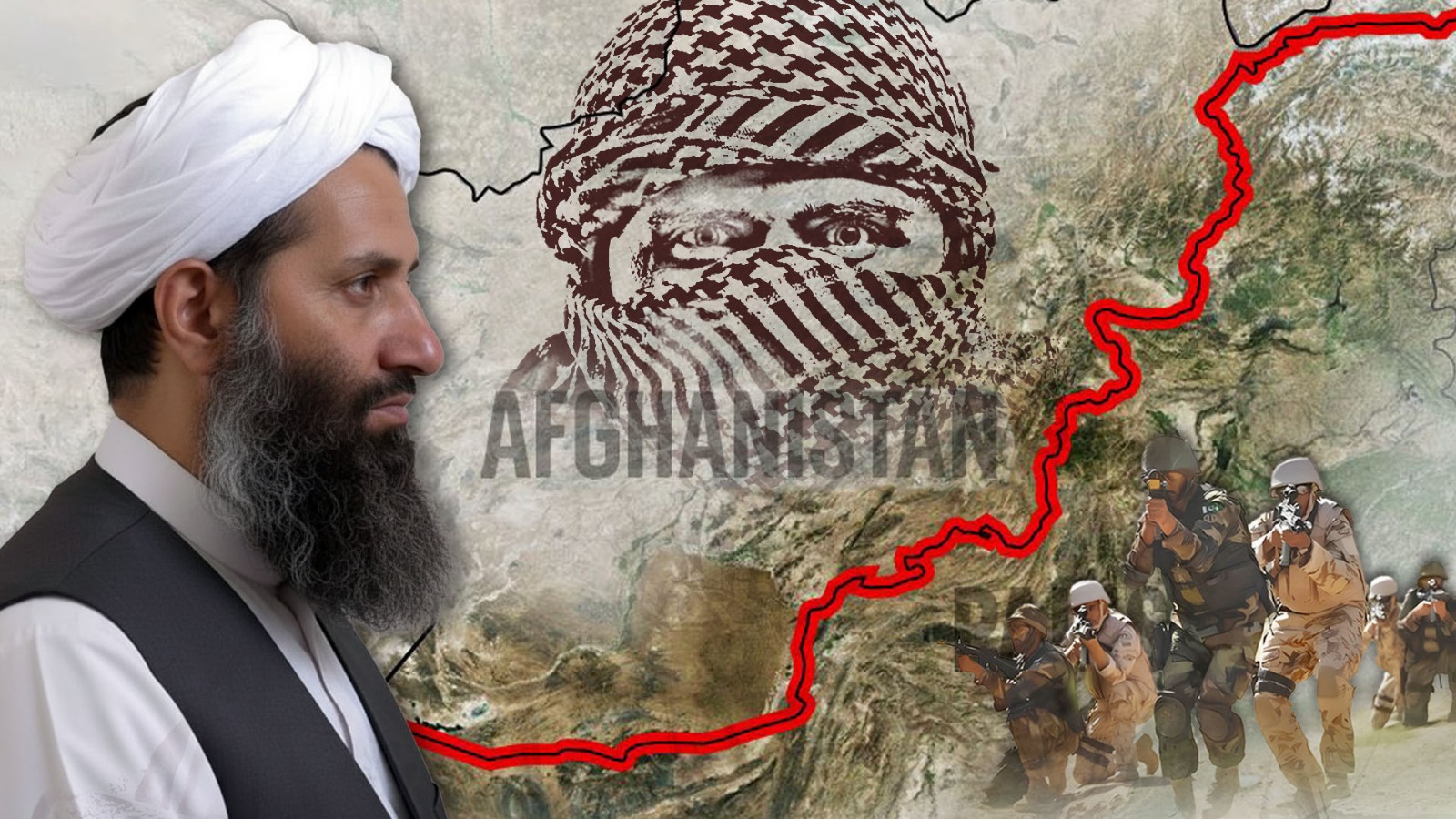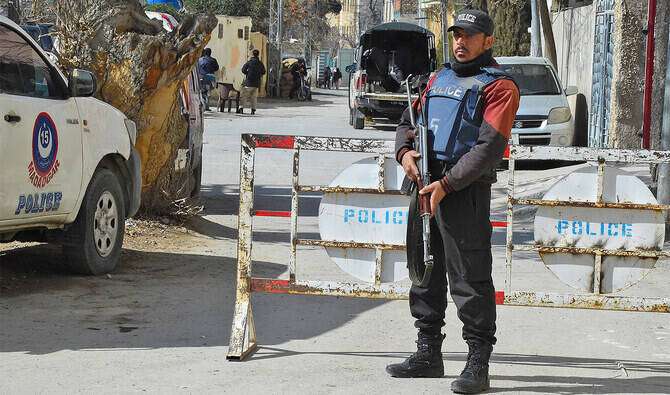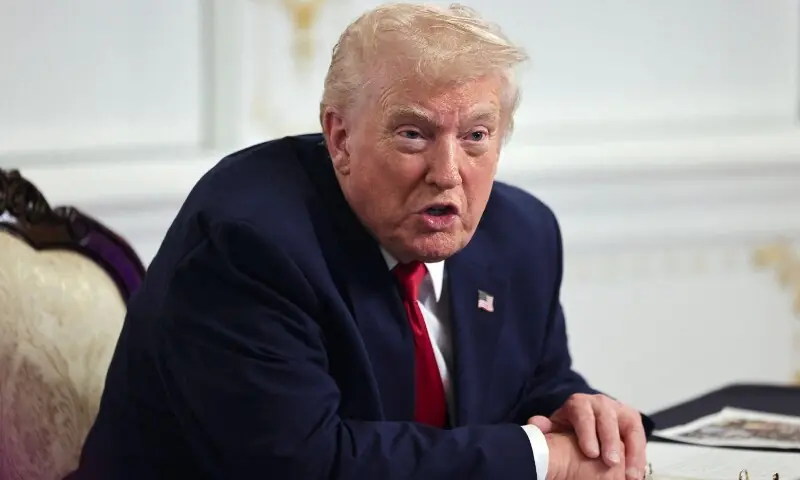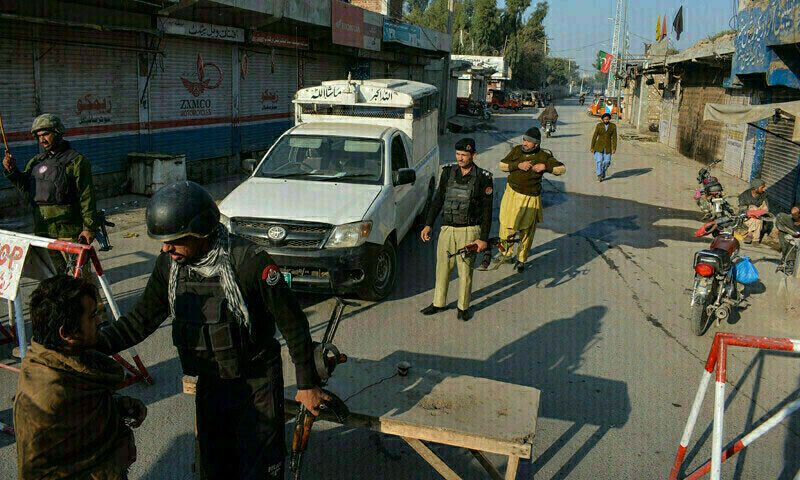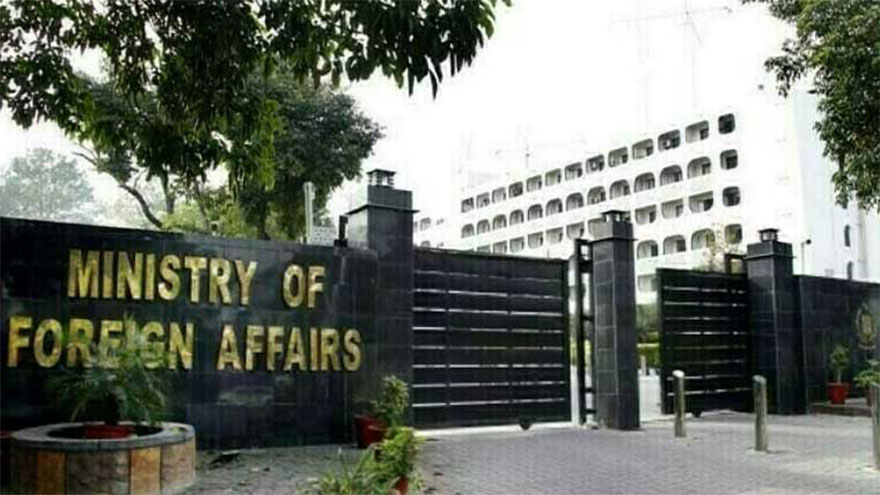Dera Ismail Khan, a politically significant district in southern Khyber Pakhtunkhwa, has produced three individuals who rose to the province’s top political office as Chief Ministers. Yet, notably, none of them completed their constitutional tenure. From the early days of British India to the present political climate. These political leaders from different political parties are: Ali Amin Khan Gandapur, Sardar Inayatullah Khan Gandapur, and Sardar Aurang Zeb Khan. All these three political leaders exited office prematurely, leaving behind incomplete development plans and, in some cases, a legacy of weak governance.
Ali Amin Khan Gandapur
Before becoming Chief Minister, Ali Amin held a key role in the federal government. He was elected as a Member of the National Assembly (MNA) in the 2018 general elections and was appointed as the Federal Minister for Kashmir Affairs and Gilgit-Baltistan under Prime Minister Imran Khan’s cabinet. As federal minister from August 2018 to April 2022, Gandapur oversaw critical portfolios related to Kashmir policy, GB development, and federal coordination with the regions. During his federal tenure, his ministry was responsible for “Development projects in Azad Jammu and Kashmir (AJK) and Gilgit-Baltistan”, including infrastructure, education, and tourism.
Gandapur gained a reputation as a vocal, sometimes controversial figure, particularly on the Kashmir issue, but his performance was also critiqued for being confrontational rather than strategic, and lacking long-term policy depth.
The most recent example is Ali Amin Khan Gandapur, who became Chief Minister in March 2024 but resigned in October 2025 after directives from PTI founder Imran Khan, marking one of the shortest modern CM tenures in KP. Despite high expectations, Gandapur’s government was widely criticized for lacking clear governance policies, an effective development roadmap, and a strong anti-terrorism strategy — all crucial areas in a province grappling with security challenges and economic disparity. Although his tenure included the initiation of major projects such as the Lift Canals project (aimed at cultivating 700,000 acres of barren land), a solar energy scheme for poor families in merged districts, and approval of the Peshawar–Dera Ismail Khan Motorway, critics argue these efforts were scattered and poorly coordinated. Key welfare measures — including a children’s hospital in Mardan, irrigation dams like Kundal in Swabi, and youth-focused loan schemes — did little to offset the administration’s failure to address rising militancy and governance inefficiencies.
Sardar Inayatullah Khan Gandapur
Earlier, Sardar Inayatullah Khan Gandapur, born in Kulachi, served as CM from April 1973 to February 1975 before being dismissed amid political turmoil. He started his political journey with the Pakistan People’s Party (PPP) under Zulfikar Ali Bhutto but later aligned with the Pakistan Democratic Party (PDP). His term saw the launch of ambitious irrigation schemes, particularly the Chashma Right Bank Canal, and early industrial projects in Dera Ismail Khan. However, much of the proposed development remained on paper or stalled due to instability.
Sardar Aurang Zeb Khan-A Pre-Partition Pioneer from Kulachi
The earliest among them, Sardar Aurang Zeb Khan, held office from May 1943 to March 1945 during British rule. Though constrained by the colonial system, he focused on administrative improvements such as road infrastructure, basic public works, and laying the groundwork for educational and healthcare institutions — particularly in underserved regions like D.I. Khan. His short stint, however, was cut short due to changing political dynamics leading up to independence.
Despite their influential positions, all three leaders from Dera Ismail Khan left office with unfinished mandates. The pattern reflects not only individual shortcomings but also broader structural and political challenges that continue to affect governance and development in Khyber Pakhtunkhwa, especially in its southern belt.

